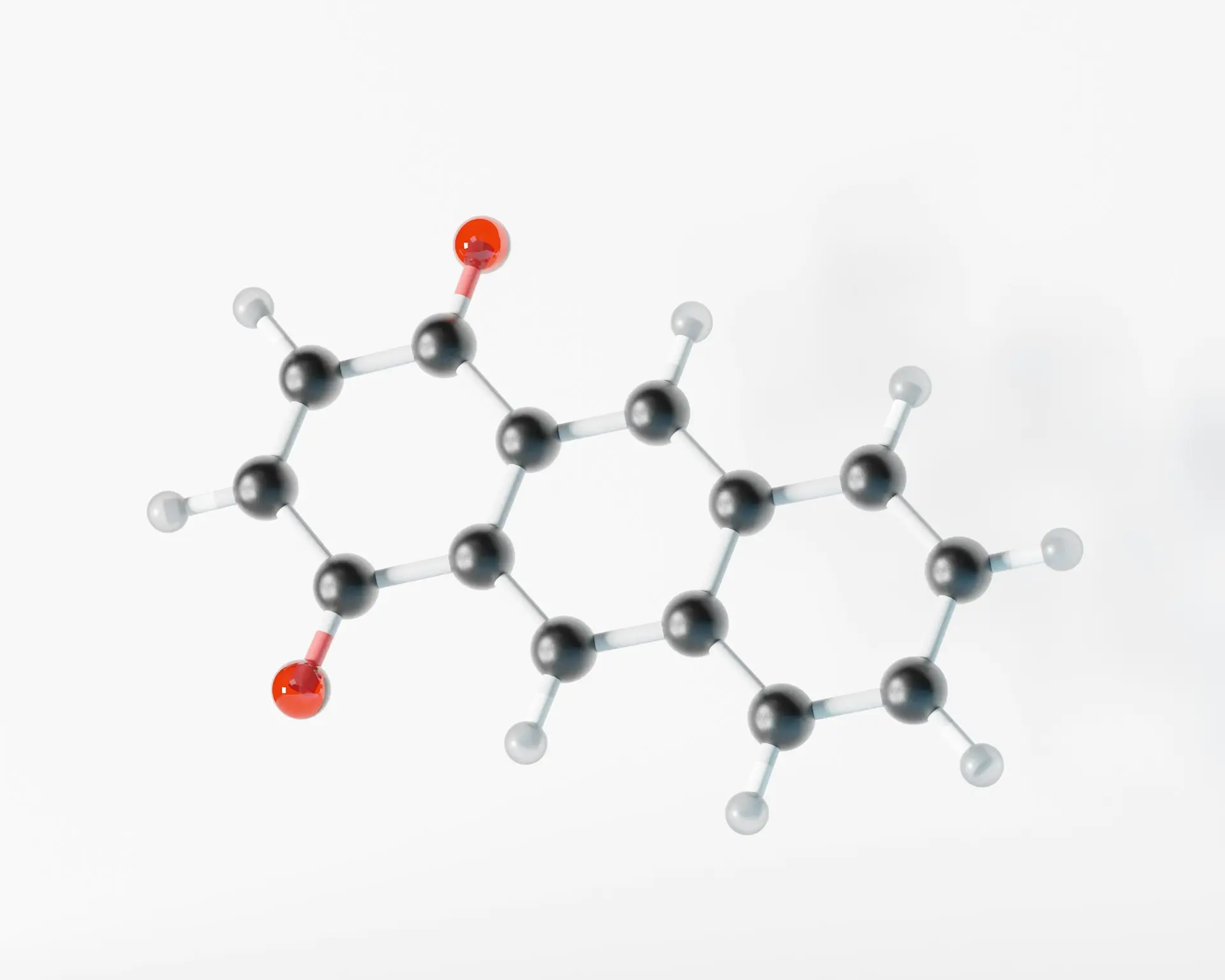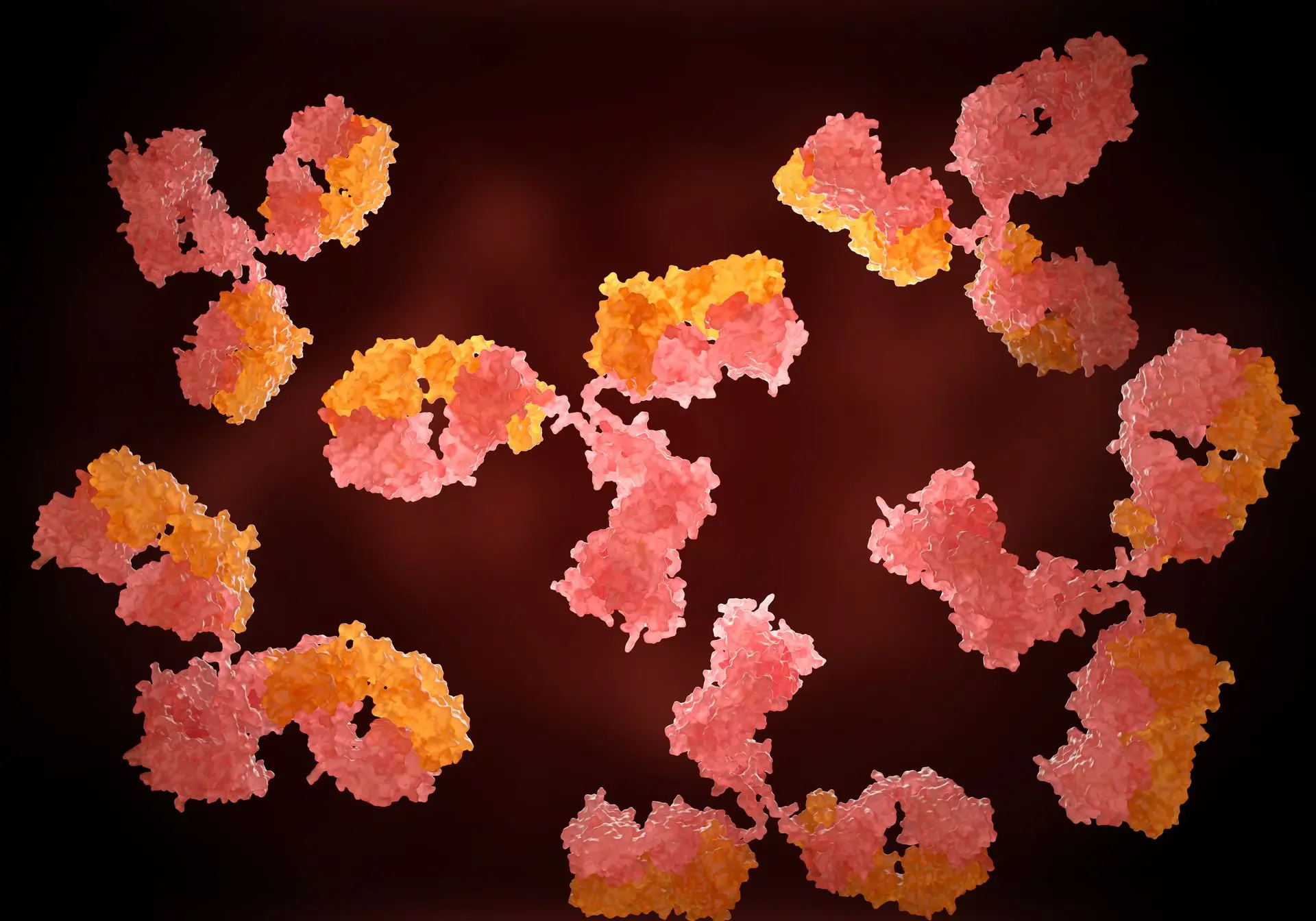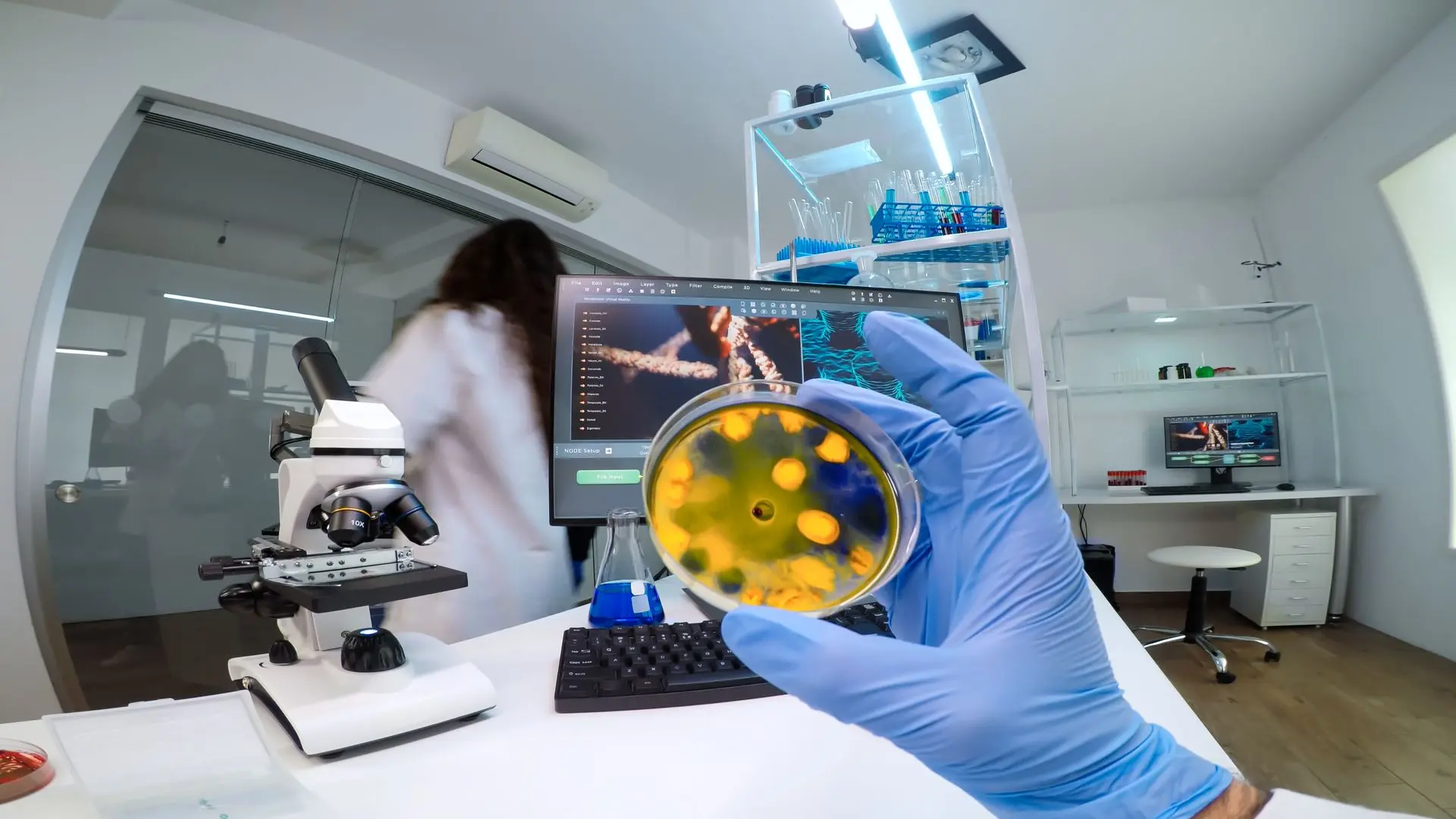Donkey Milk: A Novel Source of Functional Biomolecules in Biotechnology
Experience the Future of Innovation in Every Interaction
Innovation transforms possibilities into reality.
DécouvrirMilk from Equus asinus (donkey) is rapidly emerging as a valuable raw material in biotechnology, owing to its content of bioactive proteins and peptides with immune-regulatory, antioxidant, and anti-inflammatory properties. With advanced molecular tools now available, researchers can isolate and study these components for use in therapeutics, diagnostics, and functional nutrition.
Protein Isolation and Advanced Purification Technologies
Biotech workflows now employ state-of-the-art systems for extracting and analyzing donkey milk proteins:

OmniLyse enables efficient mechanical lysis of cells and extracellular vesicles, preserving native protein structures during sample prep.

Cultrex matrices simulate 3D extracellular environments and are used to assess cellular behavior influenced by milk peptides.

ExoQuick-TC / ExoQuick TC are precipitation kits widely used to isolate milk-derived exosomes, which may carry immunomodulatory peptides.

Immunological and Apoptotic Insights Using Donkey Milk Peptides
Some donkey milk immunoglobulins exhibit structural similarity to mouse IgG2a, a key antibody subclass involved in adaptive immunity. These proteins are frequently tested in apoptosis models using inhibitors like Ac-DEVD-CHO, a specific blocker of caspase-3, to evaluate their role in cell death regulation, inflammation control, and tissue repair.
Glycoprotein Targeting via Plant Lectins
Lectins such as Dolichos biflorus agglutinin (DBA), known to bind specific glycan structures, are often used to detect and quantify glycosylation patterns in donkey milk proteins. This is especially relevant in the development of biosensors, vaccine adjuvants, and targeted delivery systems.

How Are Scientists Studying These Bioactive Peptides?
To understand how these peptides affect the body, researchers often use Cultrex® extracellular matrix systems to simulate tissue environments. They also test peptide-induced apoptosis (cell death) with caspase inhibitors like Ac-DEVD-CHO, revealing how donkey milk compounds may help regulate inflammation or support gut epithelial healing.
An emerging field of interest is glycoprotein binding. Scientists are using plant-derived lectins like Dolichos biflorus agglutinin (DBA) to detect glycosylation patterns in donkey milk proteins. This type of analysis is critical for therapeutic development, especially for diseases involving immune dysfunction.

From Lab to Life: Applications in Biotech and Medicine
So where is this research heading? Here are some exciting applications:
Inflammatory diseases: Donkey milk-derived exosomes may support gut health in diseases like Crohn’s, potentially complementing biologics like CIMZIA™.
Nutraceuticals: Donkey milk peptides are entering the world of functional food — not just for their nutrition, but for their potential immune-regulating effects, similar to IgG2a.
Exosome therapy: With tools like ExoQuick-TC, scientists can develop new delivery systems for bioactive molecules using milk-derived nanocarriers.
Insights on Well being and Meals Purposes of Equus asinus (Donkey) Milk Bioactive Proteins and Peptides
nsights on Well being and Meals Purposes of Equus asinus (Donkey) Milk Bioactive Proteins and Peptides-An Overview As a consequence of its similarity with human milk and its low allergenic properties, donkey milk has lengthy been used as a substitute for infants.



Soy bioactive peptides
Soy bioactive peptides and the intestine microbiota modulation The stability of protein, carbohydrte, and fats have an effect on the composition and features of the intestine microbiota. The complexities concerned thereof require insights into the roles and impacts of particular person dietary.

Applications in Human and Animal
Donkey milk peptides may serve as natural immunonutrients or adjunct therapies in biomedical contexts, including:
Inflammatory bowel diseases:
such as Crohn’s, where natural compounds may complement biologics like CIMZIA, a TNF-α inhibitor. 
Pediatric and geriatric nutrition:
due to analogues of IgG2a that may help boost mucosal and systemic immunity. 
Functional food biotechnology:
where bioactive components are incorporated into nutraceuticals with scientifically validated health claims. 
Our latest content
Check out what's new in ucb-bioproducts !